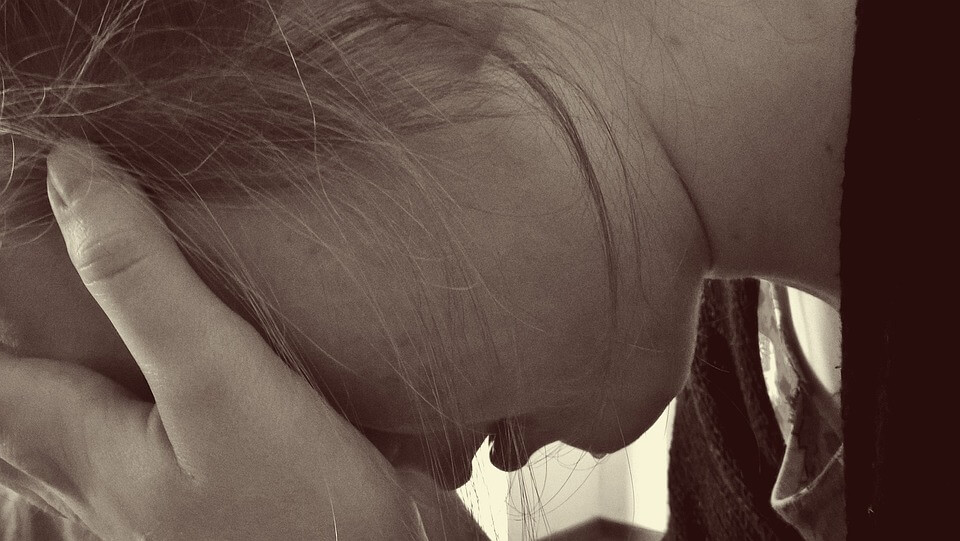No products in the cart.
What is depression and what are the symptoms?
Depression is a common mental health illness that may affect people of all ages and walks of life, regardless of their financial standing. It may have an effect on a person’s ideas, emotions, and actions, among other aspects of their life. This article will discuss what depression is and some potential symptoms it may produce.
A person’s feelings, thoughts, and behaviour may all be significantly impacted by depression, a serious medical condition. It is a complicated illness that may present in a variety of ways, making diagnosis challenging. But, there are a few typical signs that depression sufferers often face.
Having a mood that is persistently melancholy, anxious, or “empty” | Very Common |
Experiencing feelings of despair, pessimism, guilt, worthlessness, or helplessness | Very Common |
a decline in interest in, or pleasure derived from, past times and activities | Very Common |
a lack of vitality, tiredness, or a sensation of being “slowed down” | Very Common |
Trouble focusing, forgetting things, or coming to a conclusion | Very Common |
Sleep problems such as insomnia, waking up too early in the morning, or sleeping too much | Very Common |
Alterations in appetite and/or body weight | Common |
Having suicidal thoughts or making efforts to commit suicide | Common |
a state of agitation or irritation | Common |
Headaches and stomach issues are examples of some of the physical symptoms. | Less Common |
It’s crucial to understand that exhibiting one or two of these signs does not automatically indicate that a person is clinically depressed. But, it’s crucial to seek professional assistance if someone exhibits multiple of these symptoms over a protracted length of time and they start to affect their everyday life.
A prolonged sense of melancholy or despair is one of the most typical signs of depression. Individuals who are depressed could feel as if everything in their lives is going wrong, and they might find it difficult to find joy in activities that they used to like. Moreover, they could feel guilty, unworthy, or powerless.
Weight or appetite changes are another sign of depression. Depression may cause people to lose their appetites or modify their eating patterns, which can result in weight loss or increase. They could also notice changes in their sleep habits, such insomnia or oversleeping.
Moreover, depression may affect a person’s capacity for thought and judgement. They can have trouble concentrating or finishing even simple chores. Moreover, physical symptoms like exhaustion, headaches, or digestive issues might be brought on by sadness.
It is essential to remember that not every depressed person exhibits the same symptoms. Some individuals could only have a few symptoms, whilst others might have numerous. The intensity of the symptoms might also change over time.
It’s important to get treatment if you or someone you love is going through signs of depression. Depression is a curable disorder, and many sufferers may make a full recovery with the right care. For those who are depressed as well as their loved ones, there are several organisations that provide services and assistance.
In addition, Todogod offers a directory of AID groups that give assistance for depression. These organisations are accessible to anyone who need assistance managing their symptoms and finding the best treatments. Recall that getting treatment for depression is a show of strength, and that with the correct tools and support, recovery is attainable.





Add Comment
You must be logged in to post a comment.